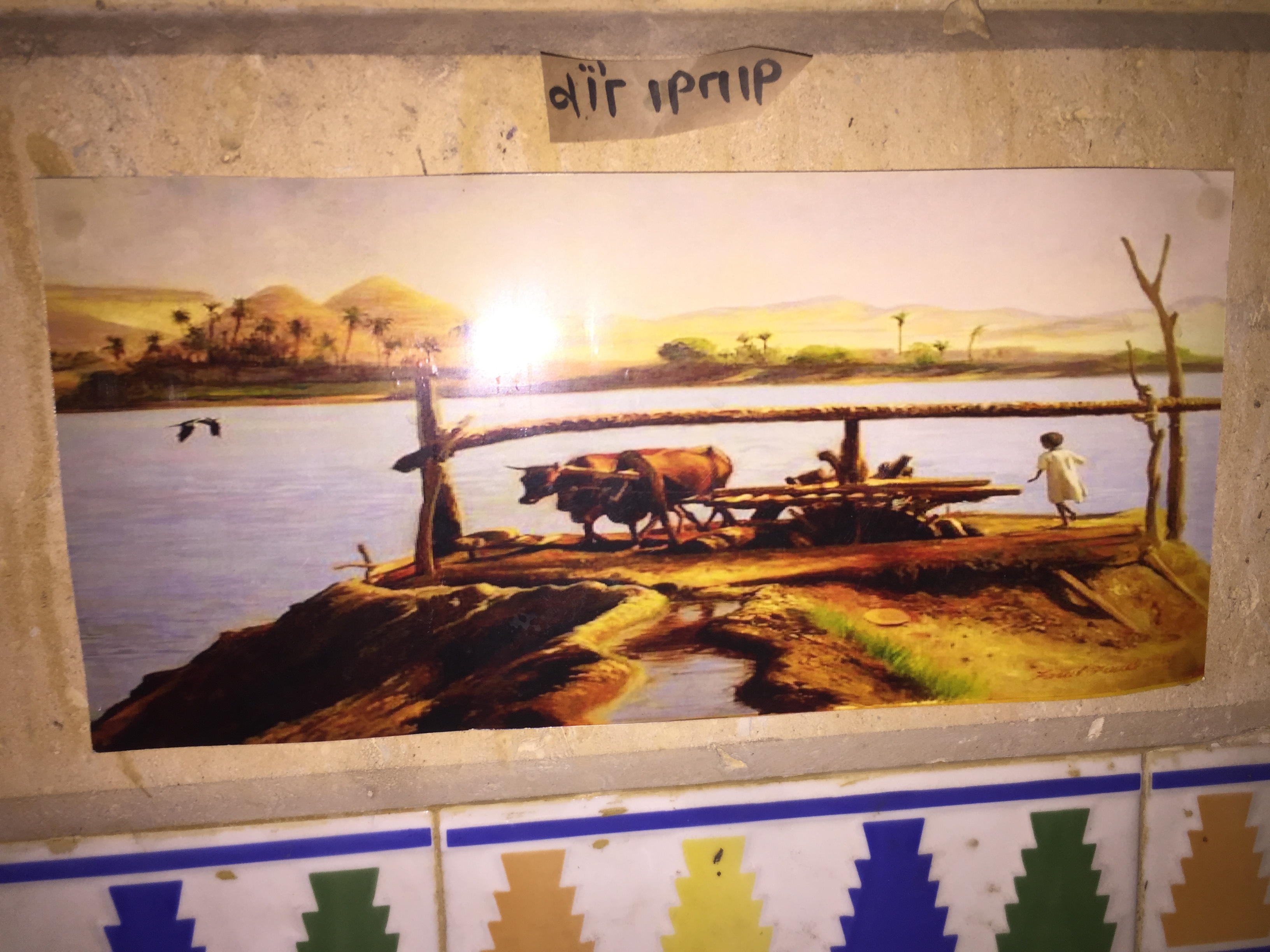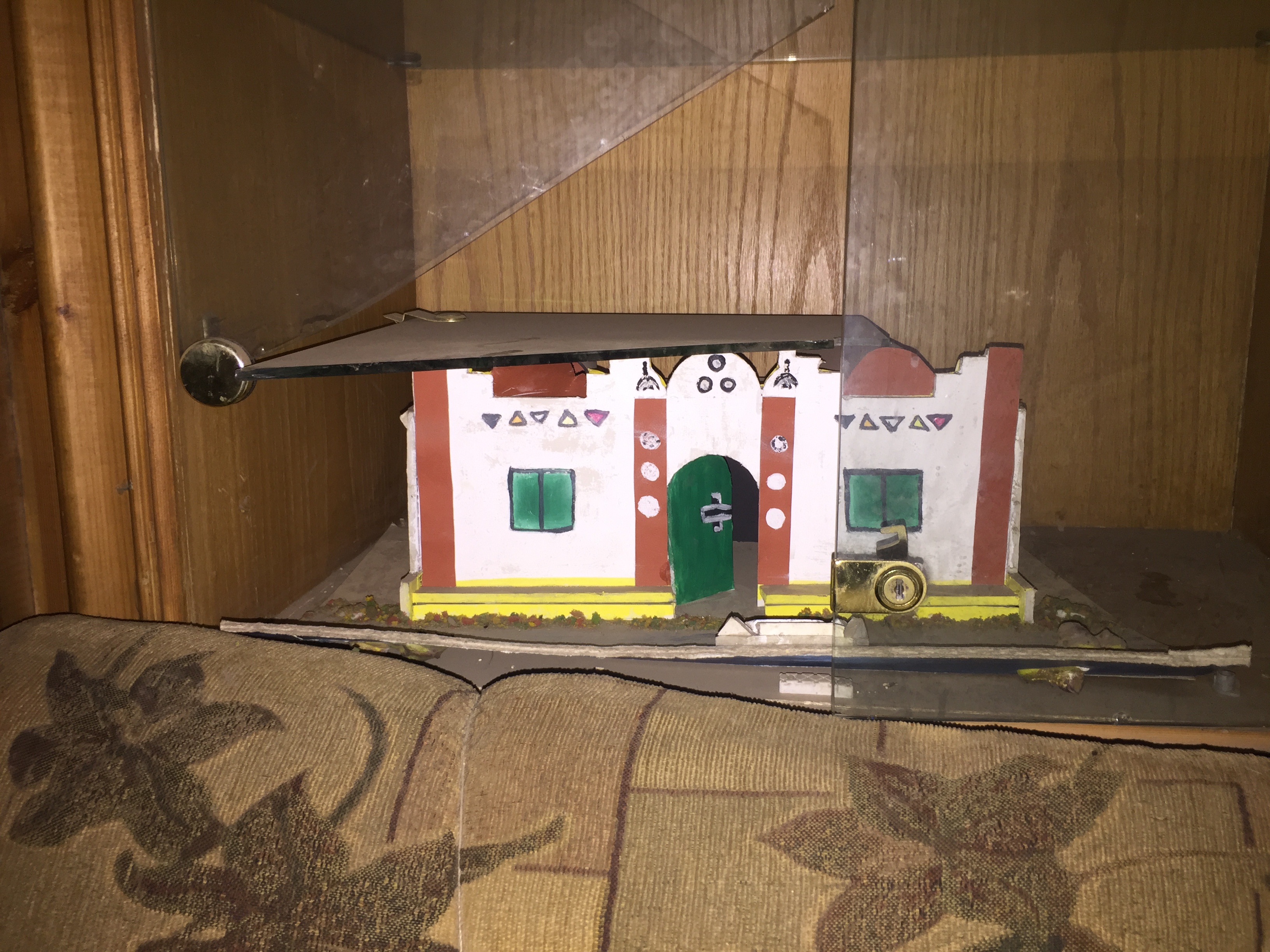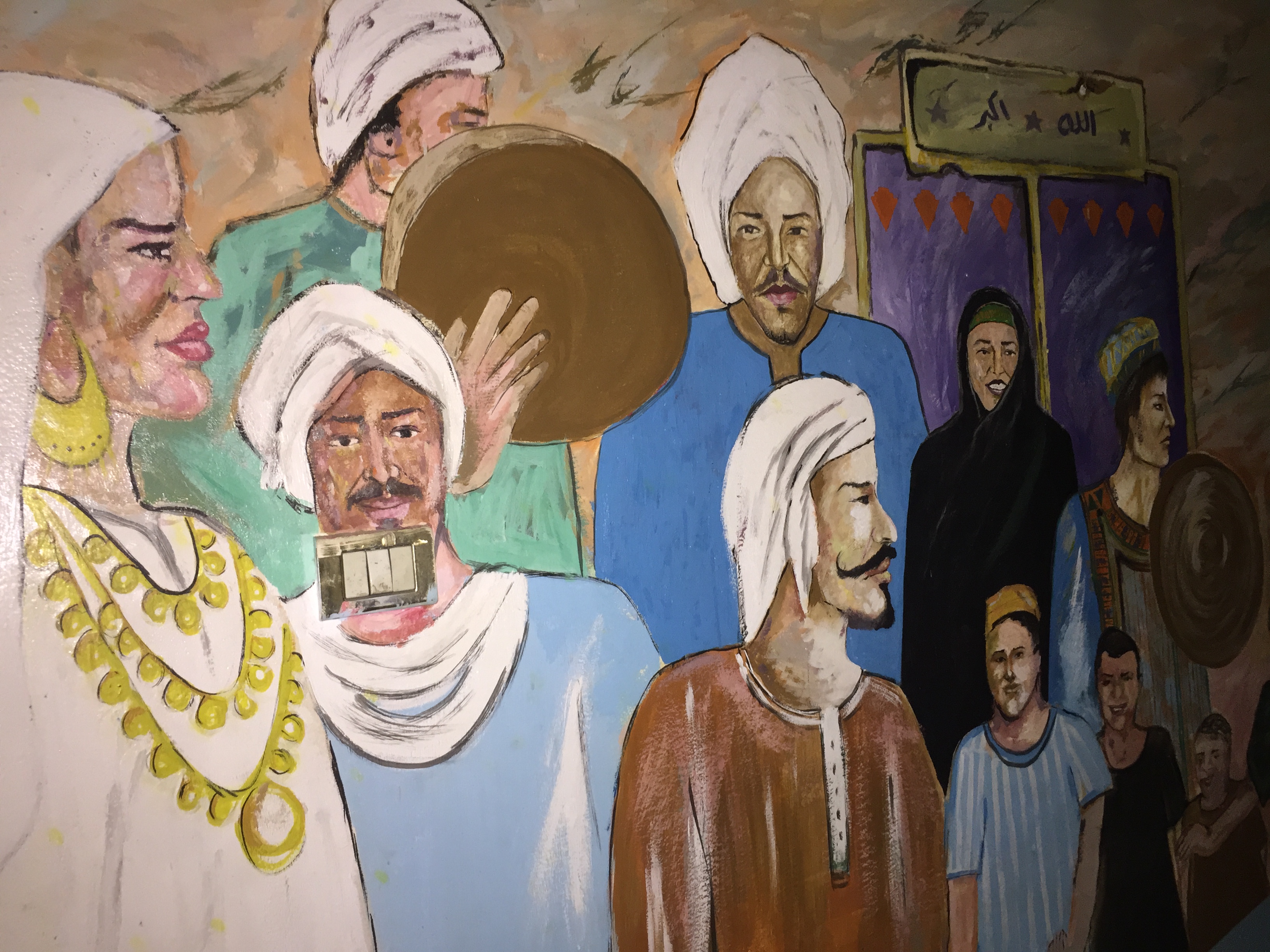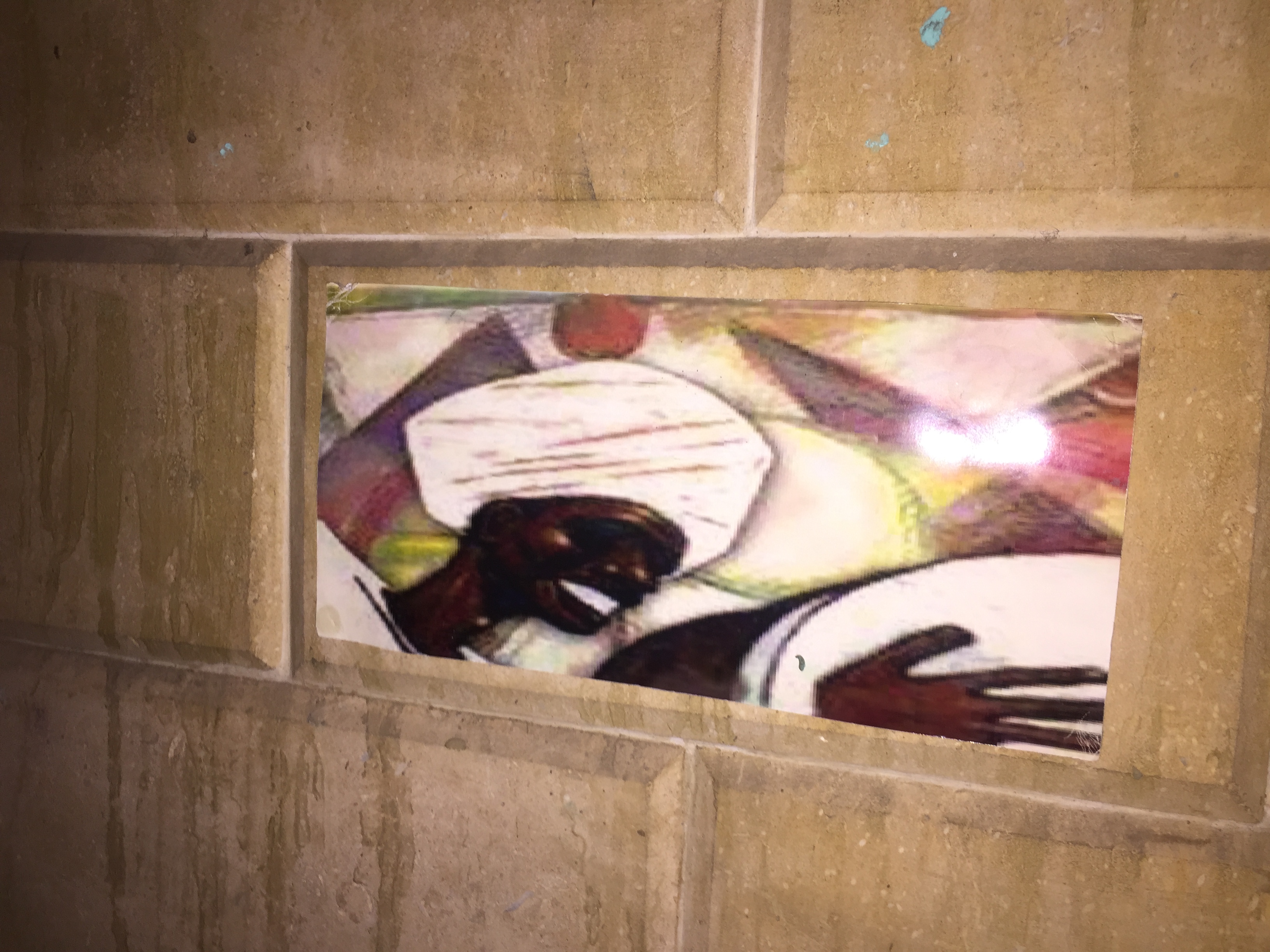The Nubians, who are Egyptians before anything, believe that their main struggle isn’t about restoring their ancestral land as much as it is about restoring the Egyptian civilization and Nubian culture which they claim was buried due to ignorance and negligence of Egyptian governance over the decades.

The Nubians are an ethnic minority group who live in Egypt and they are defined by their own unique linguistics, customs and traditions. They used to live by the Nile valley 3000 years ago and they believe they possess an old history that precedes “dynastic Egypt”. They have their own language that they speak which is the Nubian language which is derived from the “Nile-Saharan language family”.
Throughout the years and as acknowledged in the ancient history of Egypt, the Nile annually flooded many villages in Egypt including those owned and inhabited by the Nubians. Following the flood of 1960 which resulted in the destruction of tens of villages including the Nubian villages, the Aswan “High” Dam was constructed.
Post the construction of the High Dam in Aswan, the Egyptian government arranged for the displacement of thousands of Nubians from their fertile lands and relocated them to other deserted lands known as the city of Kom Ombo. The city is 50 kilometers away from the Nile, upon which their whole life had depended.
“During the 1960s, construction of the High Dam approximately 10 km up the Nile
from Aswan created a 500 km-long reservoir, with a surface area of over 5000 km2. Named Lake Nubia in the Sudan and Lake Nasser in Egypt, the reservoir extends
into the Sudan and required the relocation of at least 100,000 Nubians,” stated Thayer Scudder, an American social anthropologist and professor at the California Institute of Technology, in his research paper entitled “Aswan High Dam
Resettlement of Egyptian Nubians”.

“Our ancestors gave up their lands—at their own free will—for the sake of Egypt’s prosperity, but they also did that at the expense of their lives and at the cost of their customs and traditions,” said Murad.
“The government moved us to the desert where the temperature could get above 40c and deprived us of the Nile River’s healing water. We had to build our houses from cement to endure the hot weather instead of using the Nubian vault technique (stacking sun-dried mud blocks to create a vaulted roof that reinforces itself). We made huge sacrifices and in return we got nothing but deserted lands in the hot desert,” he added.

The Nubians were promised throughout the years from Gamal Abdel Nasser’s time up to Mohamed Abdel Fatah el Sisi’s time that they would repossess their lands once the government has finished constructing the High Dam, stabilizing and securing the area around it.
“Nothing was documented, we only got promises from Abdel Nasser but after his death nothing happened. After years of struggle, there is now Article 236–drafted in 2014 constitution–that obliges the government to give the Nubians the right to restore their ancestral lands over a 10-year period, but still that did not get executed. It was rather drafted to silence us,” said Murad.
But the restoration of the ancestral Nubian lands is only a part of the Nubian struggle. For years now, the Nubians have been struggling to get back to their ancestral territory, but this isn’t the whole story. It’s rather only part of their struggle.
“The media can claim that we are only struggling over lands, but this isn’t true. We are grieving over the Egyptian legacy that got lost over the years. There is no light shed on the legacy that long defined us as Egyptians, but rather the light is now shed on capitalism and investment,” said Salah Mourad, the General Manager of the Nubian club in Tahrir and writer in AL Masry Al Youm newspaper.
Tarek Morsy, a Nubian storyteller, activist and member of the Public Nubian club, believes that despite the aggressive ways the government uses in dealing with the Nubians to suppress them, and despite the struggle that the Nubians go through to reclaim the right to reobtain their lands, the matter goes beyond restoring ancestral lands.
“Yes, our first aim might be to restore our original Nubian lands, but still we need to recover the ancient Egyptian civilization, which got buried and lost due to ignorance and negligence,” noted Morsy.
According to Real Clear World website, Amy Holmes, Associate Professor of Sociology at the American University in Cairo, once had Mohamed Azmy, former president of the Nubian General Union in Aswan, give a lecture about the Nubian culture. During the lecture, Azmy showed maps of Nubian villages in Upper Egypt and a book written in the Nubian language, both of which the students had no knowledge about.
“I only discovered afterward that none of my students, all of whom were Egyptian, had never seen such maps before,” reported Holmes to Real Clear World.
This can be an indicator of the failure of the Egyptian educational system in providing indispensable information.
The education system in Egypt is deteriorating in terms of disregarding all prospects of the Egyptian civilization. Seldom does it teach anything about the Nubians and how they adapted to the environment around them.
“Maps in books display the Egyptian lands of Halayeb and Shalaten as part of Sudan and we do nothing about it. Parts of our lands are taken away, maps are drawn falsely and history is being erased. The Nubian culture is being removed from the Ancient Egyptian civilization although it is part of it,” said Bahaa Soleh, Nubian activist and member of the Public Nubian club in Tahrir.
This in large emphasizes how the Nubian culture, history, language, customs and traditions have been suppressed and abandoned over the years. There is only little knowledge about the Nubian culture.
“Who knows about our culture and about the Nubian 25th family who ruled Egypt centuries ago. No one knows about our culture and of our past. People now only know about Fifi Abdu and all these lousy public figures in the media,” said Morsy.
However, according to Egyptian Streets website, several security sources stated to local media that the activists were detained due to the absence of “legal documents” that permit them to hold protests.
Americanization and Westernization are two processes that have tried as well to diminish and rather demolish the Egyptian national culture. They try as much as they can to substitute the values, customs and traditions that Egyptians long had ever since the first pharaonic family came into being, with their capitalistic values.
“The West envies us for the ancient culture we have that has enriched us with valuable knowledge and which has made the Egyptian civilization the most longstanding across the years,” said Murad.
According to Mourad, attempting to break the undefeatable unity of Egyptians, the West have been trying over the years to embed seeds of racism and discrimination in the Egyptian’s mentality. Seeking to make the Egyptian mindset resemble the mindset of the Westerners.
“There are lots of Egyptians living in Egypt who are Americanized and they seek to defy the true noble Egyptian character…Be it Christians, Muslims, from Upper Egypt or Lower Egypt, we are all one and we all constitute one nation which our enemies seek to shatter and break apart,” he added.
Based on a research conducted by Professor Holmes, the United States was one of the countries that sought removing and relocating Nubian ancient monuments in a process known as the “Nubian Salvation Project”, when the Nubians were resettled by the government after building the High Dam in the 1960s.
“We now have most of our artifacts and monuments exhibited in different museums from all around the globe. Our work of a 2000-year civilization is being displayed in many foreign countries and one of which is the Metropolitan Museum of Art,” said Soleh.
“We as Nubian Youth activists perceive this as another aspect of dissolving the Egyptian civilization by removing its antiques, monuments and all symbols of the Egyptian civilization and culture abroad,” he added.
The media–specifically in movies and TV shows–capture the Nubians as maids who are illiterate people that know nothing about civilization, when in fact, the Nubians are major constituents of the Egyptian civilization.
“Even in ads these days, they portray street children as dark-skinned and illiterate while white-skinned children are usually depicted as rich and well-educated,” said Soleh.
To grab attention and spread awareness about their painful struggle, the Nubians have decided to create their own clubs to unify the members of their small tribal villages. Kenouz, Al Arab and Fadiga were three organizations created for the purpose of preserving the Nubian heritage and preventing the eradication of their language and culture in 1929.

However, in 1969, these three organizations came together and created the first Public Nubian club. It has two main purposes, one that is to restore their ancestral lands and achieve the aims of Article 236 and the second is to recover the Egyptian Nubian civilization.
They believe that this club also exists to pinpoint that they are not separatists in any way imaginable, but rather to recover the unity of the Egyptian nation regardless of differences be it in skin color, social class, religion, race, or even gender.
“We are not in favor of any kind of discrimination and we refute the fact that the media present us as separatists who want to break free from the mother country.

Note: This blog has been conducted in joint effort with https://wordpress.com/read/feeds/83744104